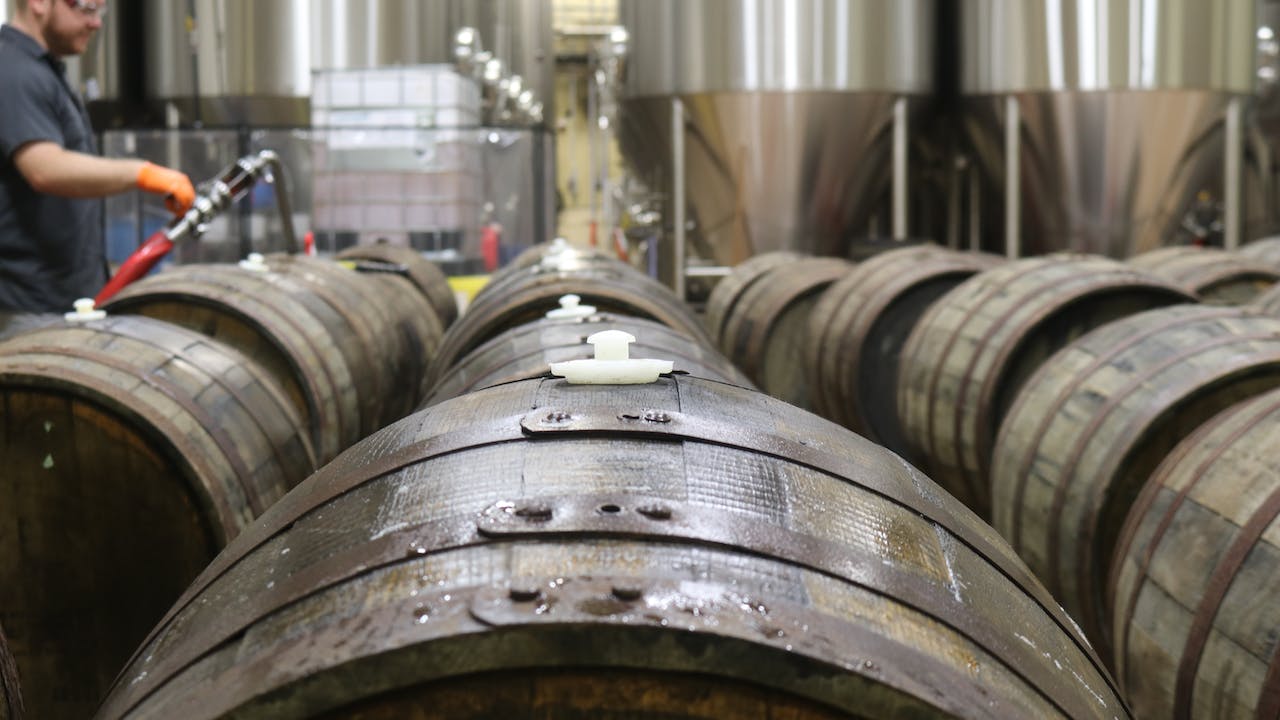When it comes to maintaining a healthy septic system, homeowners often seek safe and effective solutions. The use of baking soda, a common household item, has been touted for its potential benefits for septic tanks. This article delves into the effectiveness of baking soda in septic tank maintenance, providing a comprehensive understanding of its benefits and limitations.
Understanding Septic Tanks
A septic tank is an underground chamber made of concrete, fiberglass, or plastic, which is used for basic treatment of domestic sewage. Microbial action is the principal mode of action in a septic tank which helps decompose the effluent. The health of these microbes is crucial for the efficient functioning of the septic system.
The Role of Baking Soda
Baking soda, or sodium bicarbonate, is known for its cleaning and deodorizing properties. Its alkaline nature helps in maintaining a balanced pH level in the septic tank, which is essential for the thriving of beneficial bacteria. These bacteria break down waste, reducing the likelihood of blockages and backups.
Benefits of Baking Soda in Septic Tanks
- pH Balance: Baking soda can neutralize acidic conditions in the tank, promoting microbial health.
- Non-toxic: Unlike chemical cleaners, baking soda is non-toxic and eco-friendly, posing no harm to the environment.
- Odor Control: It helps in controlling odors, a common issue in septic systems.
- Cost-effective: Baking soda is an affordable solution compared to commercial septic tank treatments.
How to Use Baking Soda in Septic Tanks
- Regular Maintenance: Incorporating baking soda into regular maintenance routines, like flushing a cup down the toilet monthly, can help maintain the system’s health.
- Dealing with Problems: For specific issues like odors or minor clogs, larger amounts might be used, always considering the tank’s size and capacity.
Precautions and Limitations
While baking soda is beneficial, it is not a cure-all solution. It should not be used as a standalone treatment for serious septic tank problems, like major clogs or system failures. Additionally, excessive use of baking soda can disrupt the pH balance, adversely affecting microbial activity.
Alternative Septic Tank Maintenance Practices
- Discuss the importance of regular septic tank pumping.
- Highlight the need to avoid flushing non-biodegradable materials.
- Suggest reducing water usage to prevent overloading the septic system.
- Mention the importance of avoiding harsh chemicals that can harm the microbial balance.
Baking soda can be a useful addition to septic tank maintenance routines due to its non-toxic nature, ability to balance pH levels, and cost-effectiveness. However, it should be used judiciously and as part of a broader septic tank maintenance strategy. Regular inspections and pumping, along with mindful usage of water and disposal of waste, remain crucial for the longevity and health of septic systems.

